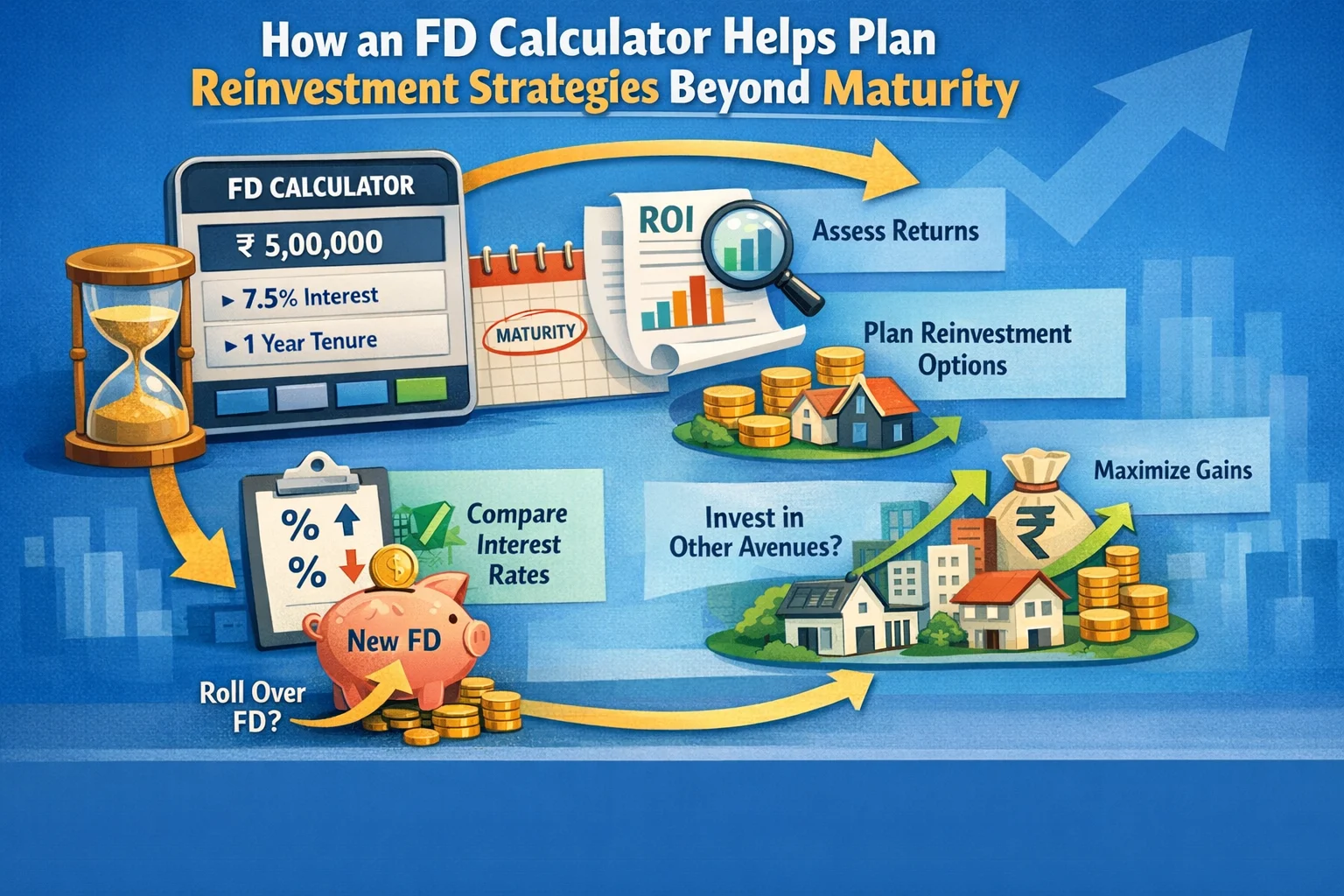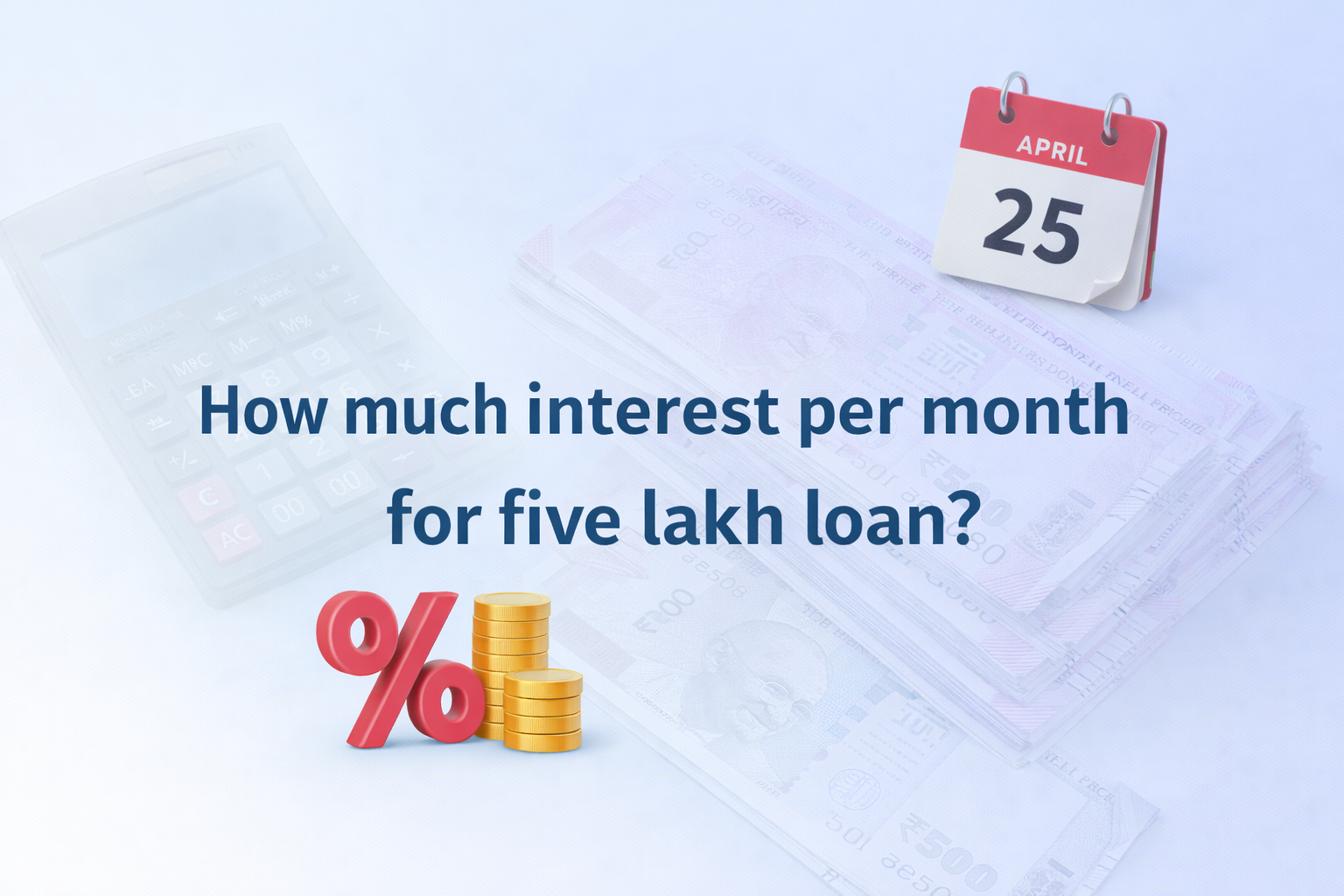Most people understand that, if they pay their EMIs on time and avoid taking too much debt, their credit lines are well managed. Ergo, their credit score is good. However, due to errors on our part or just because of a lack of awareness, our Cibil score can get impacted negatively.
The process of building a good credit score involves copious amounts of effort, knowledge and most of all – time. Thus, it is always advisable to avoid mistakes and be as prudent as possible while availing a lending product. Moreover, customers with a good credit score need to check their credit reports for errors like incorrect or incomplete information and should immediately report such discrepancies to the respective credit bureau by raising a dispute.
Credit Score refers to a triple-digit number that ranges between 300 and 900; where scores close to 900 are considered good according to Banks and NBFCs. The three-digit number depicts the creditworthiness of an individual. Around the world, the credit report and score are provided by four major credit bureaus, which are TransUnion CIBIL (Credit Information Bureau (India) Limited), Experian, Equifax, and CRIF High Mark.
The most common errors that may ruin your credit score are:
-
Not reviewing your Credit Report
Customers that avail credit lines and make payments usually assume that their credit score is good and well managed. However, there is always the off-chance of some errors or inaccuracies appearing on your credit report which can lower your credit score.Thus, it is advisable to perform a regular check on your credit report; and becomes even more critical when applying for any loan or credit card. Errors may occur from the side of credit bureaus as well since lenders sometimes forget to update your information; such as a change in name or address.
-
Delayed or missed loan/credit card payments
Missing or delaying loan repayments or credit card EMIs have the most significant impact on your credit score because credit bureaus take a note of your payment history while generating your credit score. For the most part, one or two missed payments will not hamper your credit score, but if there appear delayed or lost payments regularly, then there will be a significant dip in your credit score.
-
Co-Signing on loans
While it is liked and appreciated when you cosign a loan for your close acquaintances and get them out of financial crunch, it becomes a hassle.
For you, if the borrower misses some payments or makes late payments. As a result, your credit utilization ratio gets increased and impacts your credit score negatively.
-
Submitting multiple loan applications simultaneously
It is not a good practice to follow, because each use provided to a Bank is reflected on your credit report. The history of multiple loan applications appears on your credit report and can be accessed by any financial institution you choose to avail a loan from. This practice has a detrimental impression on lenders; which results in lowering your credit score.
Find : How To Achieve Your Financial Makeover For 2019
-
Availing many unsecured loans
If you avail unsecured loans, no collateral is required. Unsecured loans are granted from individual’s income and expenditure behavior. If you avail multiple unsecured loans, it becomes evident that you are already under too much debt and thus at risk. This practice has a negative impact on your credit score.
-
Closing old accounts or credit cards
Closing your old accounts will lower the average tenure of your accounts, thus hampering your credit score.
-
Reaching credit limit frequently
If the expenditure on your credit card frequently reaches the credit limit, it will lead to a constant burden of high repayments, and the acceptance on your loan application will negatively affect your repayment capability, along with your credit score.
Going over the commonly made mistakes, you might have a better understanding of how Credit Scores work; and all the measures you can take to ensure that you have a high Credit Score.




